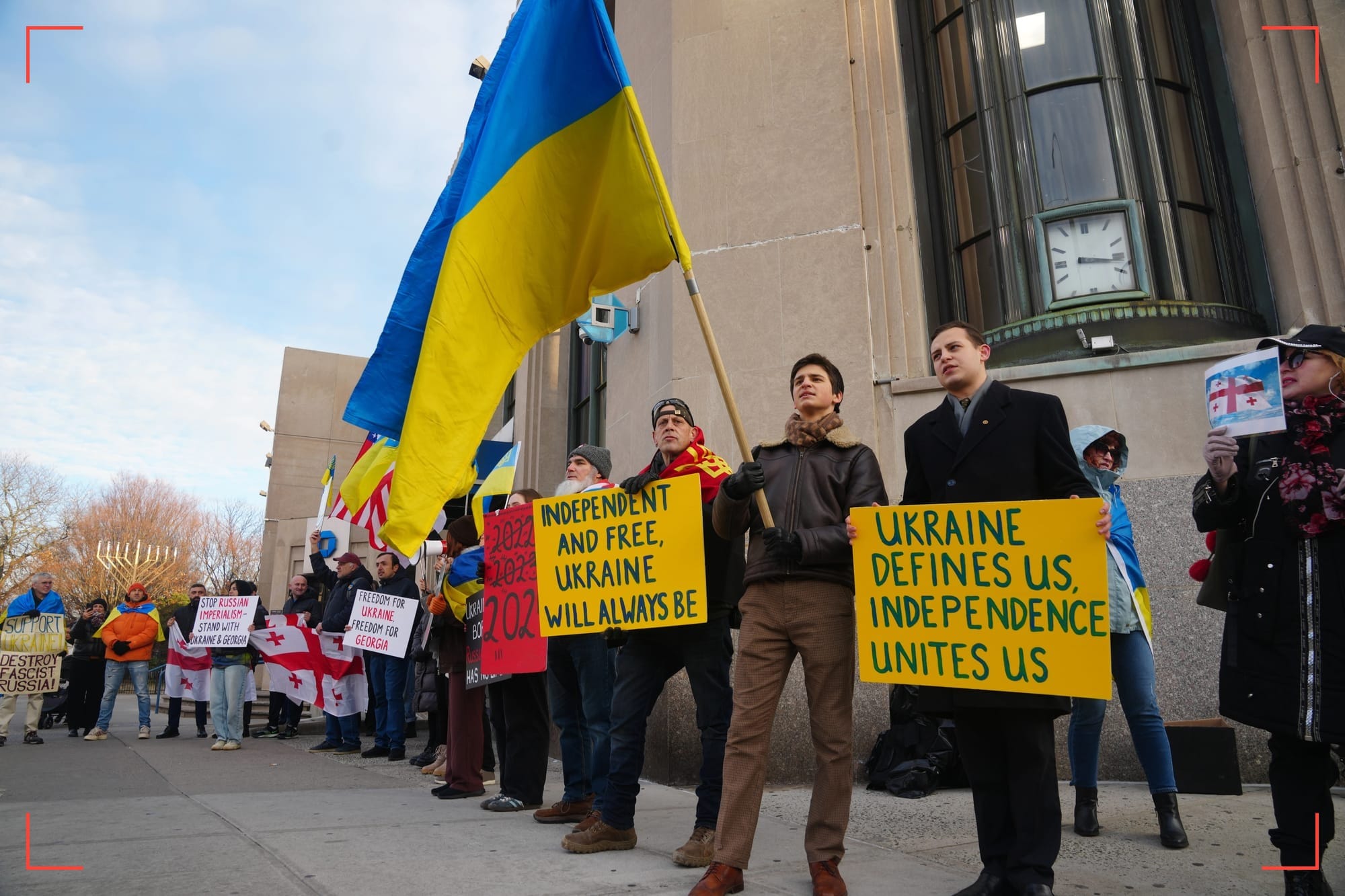Foreign Agent Law: Georgia SpecialREPORT
Georgia's "foreign agents law" sparks protests, threatens civil liberties, and shifts geopolitical ties. EU and US condemn; NGOs face new compliance challenges.

Table of Content
Remaining content is for members only.
Please become a free member to unlock this article and more content.
Subscribe Now



